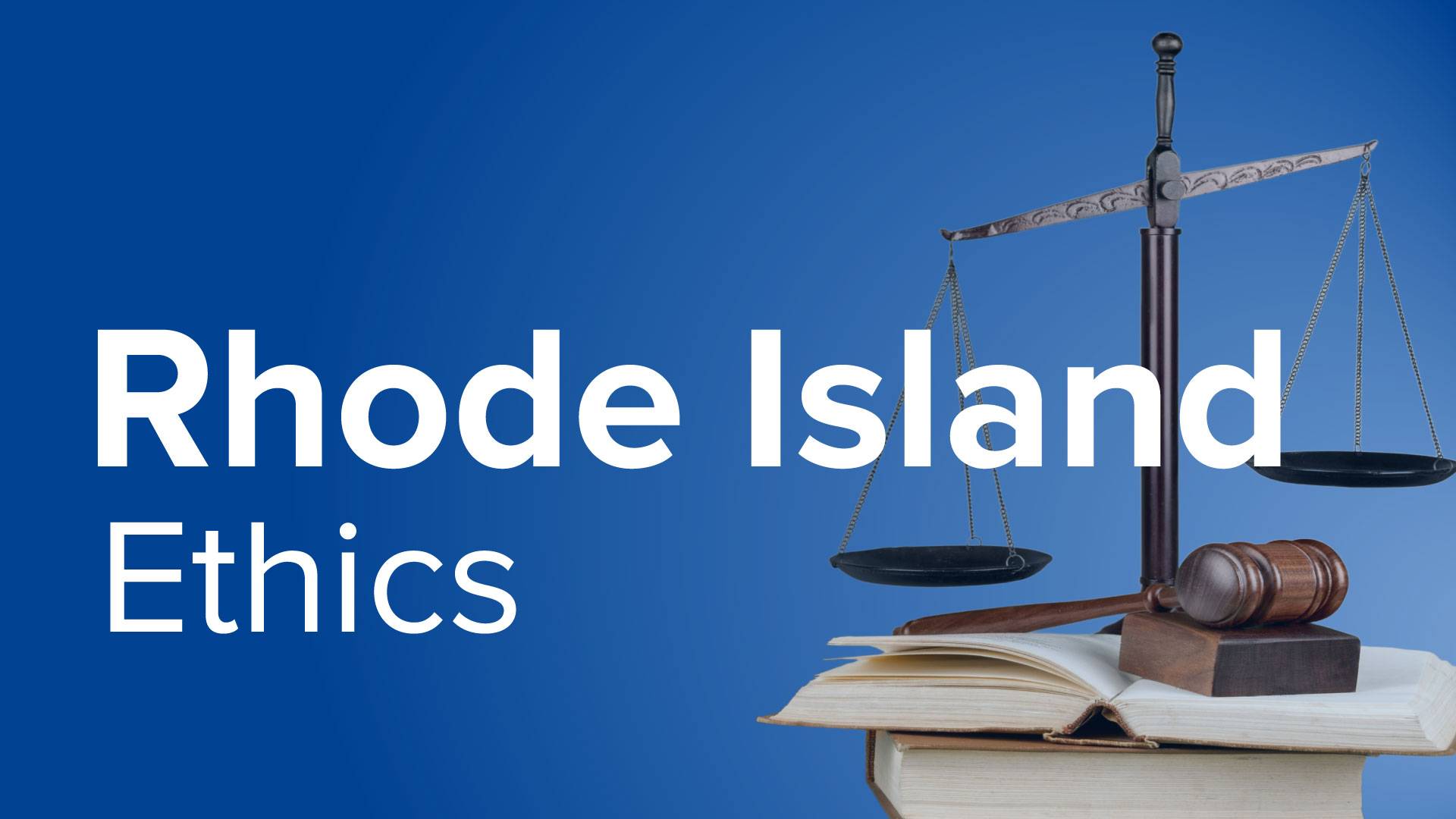State CPE Requirements
Rhode Island
Welcome to your go-to guide for fulfilling your Continuing Professional Education requirements, tailored to your state’s specific mandates and regulations.
Revision Date:
June 5, 2023
All Continuing Professional Education (CPE) requirements are sourced from NASBA. For detailed information, please visit the NASBA CPE Requirements page.

Total CPE Hours Required
120 hours

CPE Reporting Period
7/1 to 6/30 triennially

License Renewal Deadline
6/30 triennially
License Renewal Deadline:
6/30 triennially
CPE Reporting Period:
7/1 to 6/30 triennially
Total CPE Hours Required:
120 hours
Ethics Requirements:
Six (6) hours in subjects devoted to professional ethics every three years:
Subjects devoted to professional ethics will include programs focused on the AICPA Code of Professional Conduct, including opinions issued thereunder, as well as programs relating to the legal, professional, or ethical codes of any authoritative organization or accounting professional specialty organization.
Credit Limitations:
- Instruction: The maximum credit for instructors, speakers, or discussion leaders is 60 hours over 3 years.
- Personal Development and Marketing: This type of CPE is limited to 24 credits per reporting period. This includes the following subject areas:
- Business Management and Organization
- Communications
- Communications and Marketing
- Marketing
- Personnel/HR
- Personal Development
- Published Materials: Authorship credits are limited to 60 hours over 3 years.
- Self-Study: This type of CPE is limited to 80 hours over three (3) years, and credits must be QAS approved or interactive.
- Nano Learning: CPE credit is accepted only in 0.2 increments.
Other Subject Area Requirements:
None
Other State Policies:
The Rhode Island Board accepts CPE credits for programs offered by National Registry sponsors.
Qualifying programs are formal programs of learning that contribute directly to the professional competence of a CPA or PA after he or she has been issued a permit to practice public accounting.
Exemption: A non-resident licensee seeking renewal of a certificate in this state shall be determined to have met the CPE requirement of this rule by meeting the CPE requirements for renewal of a certificate in the state in which the licensee’s principal place of business is located. This is done by signing a statement to that effect on the renewal application of this state.
Non-resident applicants for renewal shall demonstrate compliance with the CPE renewal requirements of the state in which the licensee’s principal place of business is located by signing a statement to that effect on the renewal application of this state. If a non-resident licensee’s principal place of business state has no CPE requirements for renewal of a certificate, the non-resident licensee must comply with all CPE requirements for renewal of a certificate in this state.
Other State CPE Requirements
Deadlines always sneak up on you, but not this time.
Financial and Accounting Professionals reporting in one of the states listed below can easily find their State’s CPE Requirements.

